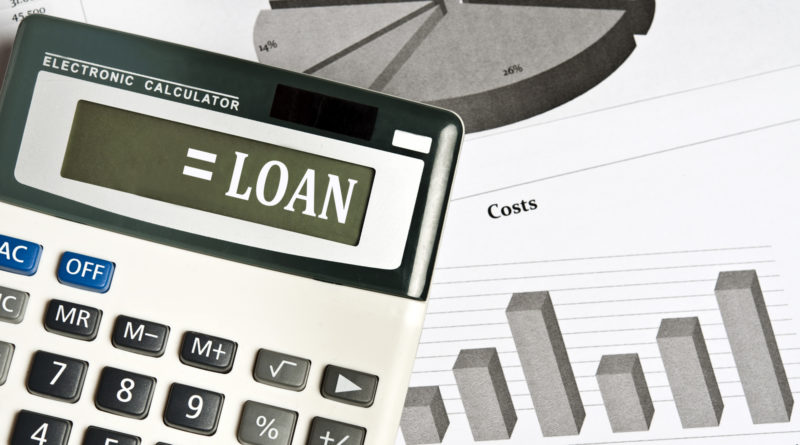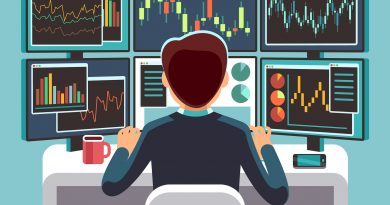Stopping Loan Payments or Loan Default: What It Can Do to You
Are you on the verge of a loan default? Loan payments might not be made on time due to various reasons such as loss of jobs, medical emergencies, or natural disasters. Defaulting on a loan can lead to several financial consequences and will definitely stress you out. In order to avoid this situation, it is important that you understand what a loan default means.
What is a loan default?
A loan default must not to be confused with loan delinquency, which occurs when a mortgage payment is missed, since a loan default is declared when your loan has been delinquent for an extended period of time. The time it takes before a loan can be considered a default depends on the lender. For instance, 90 days grace period is given by most lenders in the Philippines like PAG-Ibig to settle their unpaid loans while other institutions may have a shorter grace period. For instance, Citibank considers a personal loan as a default if payments have not been made for at least 60 days.
Can Failure to Pay a Loan Lead to Imprisonment?
The law indicates that no one can go to jail for not being able to pay your debts. However, this does not mean you can get away from it. You can still face charges when you begin committing fraudulent acts such as purposefully issue bouncing checks or leave your home without informing your creditor to avoid paying your loan. So, before you decide to flee your problem, think twice.
What Happens in the Philippines If a Personal Loan Isn’t Paid?
Your debt will amass. 24 hour payday loan philippines that goes into default will increase as overdue balance, interests, and other penalties must be paid. Simply put, failing to make your personal loan payments can quickly land you in serious debt. In addition, the lender will close not only the unpaid loan account but also any other loan or credit card accounts you have with them.
Your Car or Home Will Be Repossessed by the Lender
The dangers of defaulting secured loans such as car loans and mortgages are that there could be a vehicle repossession and foreclosure in order for the lenders to recoup their losses if you fail to repay the loan. For example, if you took out an SSS housing loan, the SSS will foreclose on your home as soon as you fail to make six monthly loan payments. Meanwhile, banks and other lenders will sell the foreclosed asset at a public auction. If the repossessed property isn’t worth enough to cover the unpaid loan, you’ll still be responsible for the difference in amount.
Your credit score will suffer
Your credit history will suffer if you fail to make loan payments on time. Unpaid loan accounts are reported by banks to credit bureaus, which are in charge of calculating your credit score. Having a poor credit history means that you will have a lower credit score, which will make it more difficult to obtain a loan or a credit card in the future. In case you are lucky enough to get one, you will most probably have to pay a higher interest rate.
In terms of government loans, the benefits you will receive may be reduced if you are unable to pay your loans. For instance, if you default on an SSS Salary Loan, the loan balance plus the penalty and interest will be deducted from your retirement, disability, or death benefits. Despite this, borrowers are allowed to apply for the SSS loan restructuring program if they are not sure how to pay past SSS loans.
Loans Defaults in COVID-19
One of the reasons why a loan becomes a default is the COVID-19 situation. Because of this, the Credit Information Corporation (CIC) advised banks and private lenders not to declare loan defaults during the pandemic. According to CIC, banks must protect consumer rights in the midst of a national health crisis. The Bangko Sentral ng Pilipinas (BSP) has also given banks until the end of the year to reclassify previous loans that were due in COVID-19-affected areas to give borrowers more time.
Sean Martin D. Plantado, head of customer service at Digido.ph, notes that the Philippine government has introduced many financial stimulus packages. The Bayanihan to Recover as One Act, also known as Bayanihan 2 or BARO Act, is the latest in the offering.
Inquire with your lender or the government agency from which you borrowed for more information on loan default consequences. In the terms and conditions of your loan, make sure to read the loan default section to get a better understanding of the situation you are in. Reading the fine print in your contract could be the solution if you are on the verge of defaulting on a loan. Before things become more complicated, try to negotiate with your lender and explain your situation so that you can agree on a new loan term.
Before things get out of hand, contact your lender to explain your situation and negotiate a new loan term. If you have an SSS loan default or if it is about to go into default, try applying for the loan restructuring program to reduce your loan payments.



